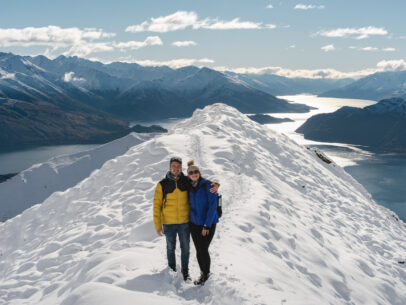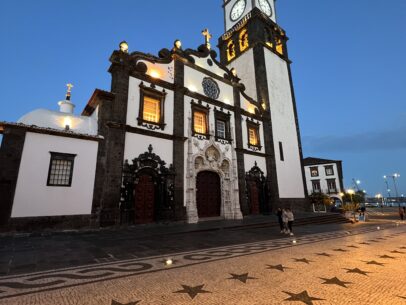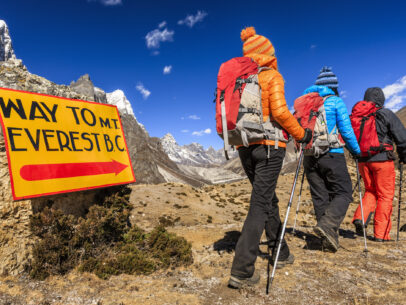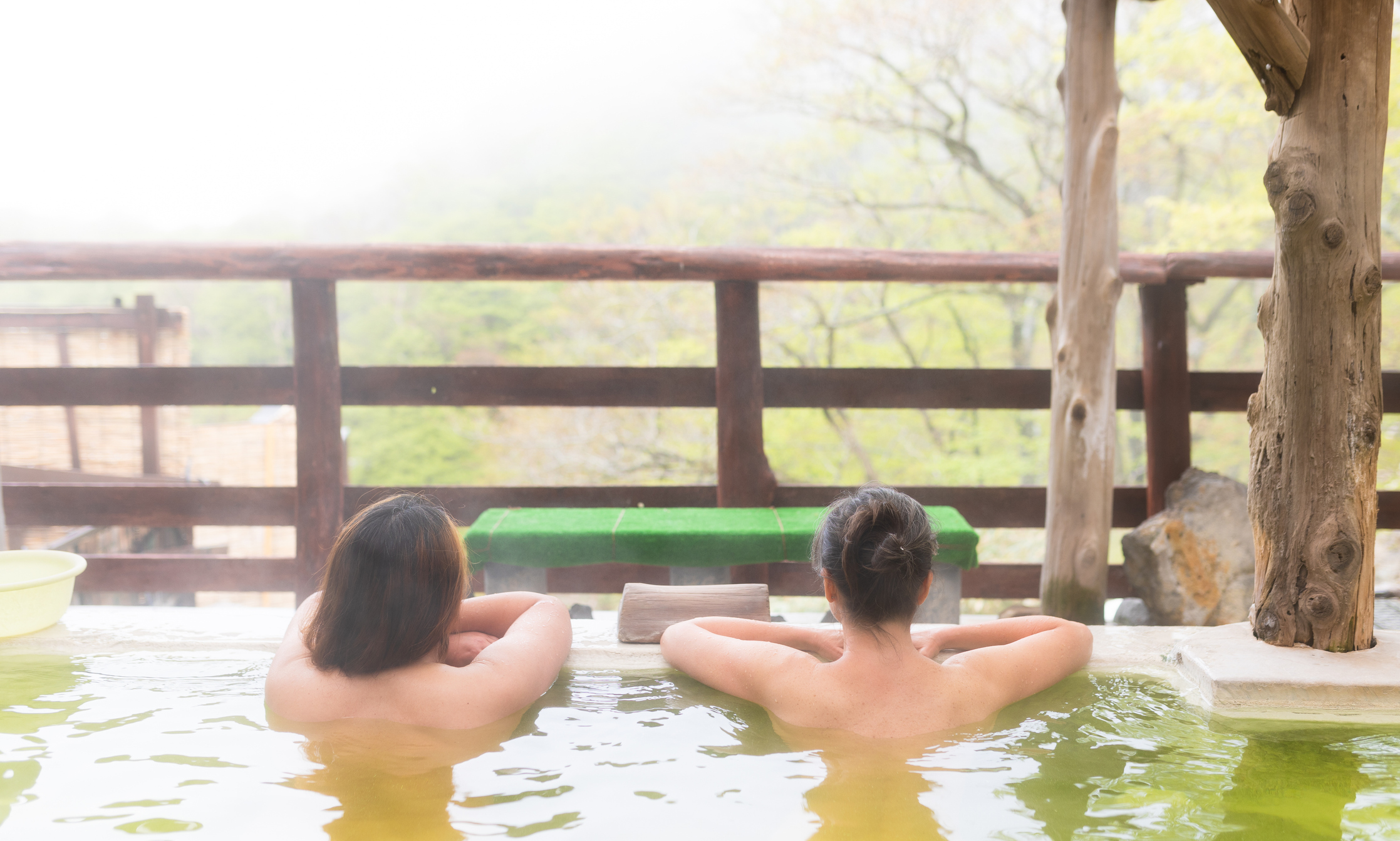
The Bird’s Word Blog
7 Lessons Ignited by a Trip to Japan

At Journeys, we recently added a once-in-a-lifetime Rare Journey into Japan to our 2023 group trip offerings. Reading the itinerary triggered happy thoughts of my time there decades ago. My first international trip – to Japan – at sixteen became a foundation for a life of experiential learning through travel.
When I was a sophomore, I applied to be a youth ambassador to our sister city in Japan. I lived in a small town and was “Hermione-Grangering” my way through high school with a long list of accomplishments but zero international travel experience. I was excited and scared at the same time to embark on my first adventure overseas to spend three weeks in Japan with five other students and our host families. The trip pushed me outside my comfort zone enough to change the trajectory of my life in ways I’m still uncovering.
I want to be careful not to suggest that somehow this trip was the “holy grail of trips” that led to a single, major transformative experience because it didn’t happen that way. For me, a deeply immersive journey in my teenage years didn’t just suddenly produce a mature and enlightened human being with a better approach to living in the world. The trip certainly impacted me, but much of the resulting transformation and growth has been an ongoing slow-release process. I’ve reflected and built upon my first international travel adventure with more travel and life experience in subsequent years. As I continue becoming myself decades later, I realize I’m still growing and learning from the lessons of that trip, and that it’s something I can constantly revisit, re-contextualize, and reflect on as I process new information in my busy headspace. The experience of travel is not a one-time, fixed event or learning opportunity; we remember and contemplate repeatedly, revisiting it mentally and returning with fresh perspectives even if we haven’t yet returned to that particular destination physically.
So, let me tell you about how this immersive experience has shaped my relationship with travel, culture, and myself, and contributed to the worldview of the messy beautiful human being that I am still becoming to this day. Here are seven lessons I’ve learned that were sparked by my inaugural trip to Japan:
1. I’ve realized that travel is a covert form of diplomacy.
As representatives of our hometown visiting Japan, we were carefully coached on how to prepare and how our behavior would reflect upon our entire country. This is true for any traveler and influenced my future behavior on other trips abroad. For a local, you may be the most memorable traveler from your country, and the choices you make abroad may be a powerful example of American behavior someone may draw upon as they form their opinions of American travelers. We have the potential to dissipate or reinforce stereotypes about American culture simply through how we present and interact. Every interaction while traveling is a chance to shape hearts, change minds, and de-center ourselves for a trip that is positive for both the visitor and the visited.
2. I’ve seen how local guides, trip organizers, and host families can enrich and deepen travel well beyond surface-level sightseeing
Sure, the typical tourist attractions are a draw for a reason, and I love getting knee-deep in researching a destination and planning a trip with an open itinerary. However, all the research in the world is no match for the in-depth guidance of a local. My trip to Japan showed me the significant value of having guides, trip organizers, and host families with a deep knowledge of local history, customs, and sites. It’s one thing to watch a traditional tea ceremony. It’s a totally different experience to actively participate in a ceremony while wearing a carefully selected traditional kimono from your host family, after significant pre-ceremony preparation, as you’re guided through detailed explanations of the purpose behind each movement and morsel. I would have missed out on so much on my first international trip if I hadn’t had the privilege of connecting with and learning from the local women that led our trip, who were a constant source of information on and off our tour bus.
3. I learned that language barriers could be opportunities for humor, connection, and improving my vocabulary.
As an English speaker, I’ve experienced a lot of privilege when it comes to travel. I absorbed what Japanese I could prior to departure, but my fluency was minimal. Although English is often taught as a second language in Japanese schools, there were numerous occasions where my fellow classmates and I had to bust out our limited Japanese, get creative in our descriptions, or physically act out a concept charades-style, until there was a mutual understanding between parties on both sides of the language barrier. We learned how to be more flexible and creative in our interactions, as we couldn’t always rely on shared language to communicate. Having to “try on” various vocabulary words and ways of communicating to get a point across was a great exercise in empathy, and there is nothing like the shared relief of coming to an understanding (or being understood). Often, the process of attempting to communicate concepts ended with laughter and connection. Every misunderstanding was an opportunity for problem-solving and the joyful satisfaction of working together toward a common goal. Through these interactions, I even picked up new Japanese words that don’t fully translate to English, like kawaii (“cute” but more comprehensive) and shinrinyoku (“forest bathing”).
4. I realized stark cultural differences in tiny everyday things can spark meaningful questions and possibilities regarding lifestyle choices.
There were so many new cultural activities in Japan that were entirely new to me, like bowing in greeting, hosting curry parties with neighbors, gathering for hotpot, changing into slippers in public buildings, and rolling out a futon each night to sleep on tatami mat floors. I frequently observed minor cultural differences in everyday living that piqued my curiosity and led to complex questions about my own daily habits later on.
For example, miso soup, salads, and a variety of other vegetables often accompanied the breakfasts my host mom prepared. To an American teenager that had grown up on the sugary cereals and highly processed convenience foods (Instant Breakfast, anyone?) of the 1990s and 2000s, something as simple as a salad for breakfast was completely unheard of for me. Thinking, “Salad, for breakfast?!? Hot soup, for breakfast?!?” eventually would evolve into, “Yeah, why NOT vegetables for breakfast? Why can’t hot soup be a breakfast food anyway? Who came up with these rules? Why do we do things a certain way?” Exposure to small but radically different daily habits shook me out of the cultural confines of growing up in a particular place and time period. Such small things opened me up to the wide world of possibility and sparked endless curiosity regarding why we do one thing in our daily habits and not another. I started asking more “why” questions in general in subsequent years.
Food wasn’t the only thing that made me question cultural narratives and practices. The Japanese take on a Western toilet, of all things, helped shake me from the clutches of American exceptionalism. Here I was this whole time, moving through life thinking that a toilet was just a porcelain bowl while Japan had basically taken that model and added so many features that I wondered if pushing the right button would get me dinner and a movie to go along with heated seats, bidets in all directions, self-cleaning features, etc. Hearing one of my travel companions giggle and exclaim with joy over an endless array of high-tech toilet features is a memory that joyfully lives in my head rent-free to this day. I had long been conditioned with the idea that American products and the economic system that produced them were #1. The best of the best. And yet, staring me right in the – well I’ll keep it polite and say “face” – was a dramatically better product halfway around the world, far better than any American toilet I’d ever ventured onto, making an everyday necessity a delightful self-care experience. Who knew a thoughtfully designed toilet could make you question every assumption you’d ever absorbed in your home country?
5. And yet, I came to understand that there were universal, human experiences that connected us all.
The gorgeous shrines and temples, carefully pruned gardens, miles of rice paddies, and a giant Buddha chiseled out of a cliffside all inspired awe in myself and my fellow ambassadors and were an important element of our travels. I still get a jolt of longing when I remember these significant cultural sites. However, the memories that remain just as fresh in my mind many years later are those daily interactions that uncovered the common human threads that bind us to one another regardless of country or culture. A curiosity in each other, common human strengths and flaws, and a universal desire to be understood and accepted were just a sampling of the shared human traits that unveiled themselves as we talked, gathered, traveled, ate, and lived together.
6. I started to acknowledge the cultural roots of shame and moved toward a path of healing, acceptance, and human connection in communal self-care.
Before I visited a Japanese onsen (hot springs and surrounding bathing facilities) with the other women in my group, the concept of public bathing never even entered my mind. I was wildly self-conscious about my body. Witnessing a different way of gathering together and a different cultural attitude toward nudity and bodies showed me that there was a greater range of possibilities when it comes to approaching, being, and interacting in the world.
I would still struggle with body image in the decades that followed and still do sometimes. But it was a step in the right direction, laying the foundation for the internal healing I would do later to grow in the direction of health that I’ve grown. The experience helped me go down the path to realizing that a body is a body and doesn’t require anyone’s assessment or judgment. This was a different kind of freedom that didn’t exist in the America I knew and lived in at the time, where women were (are) being endlessly scrutinized and objectified, and diet culture permeated (still permeates) our social systems. I was *freaking out* the whole time regarding my travel group seeing me naked. But at the same time, part of me felt free from the puritanical influence, perfectionism culture, and social policing of women’s bodies in my home country, and we laughed and joked and relaxed, bonding through the vulnerability of literally baring our whole physical selves in a safe, enclosed environment as we chatted and bathed.
Two decades later as a parent, tears came to my eyes as I read The Big Bath House by Kyo McClear to my son, relishing the joy of this memory and the beauty of bodies engaging in self and community care through the shared experience of public bathing. I could feel the platonic love in the story, a love that I too had been able to experience. I didn’t know it then, as a giggly teenager, but as I’ve reflected on it years later I’ve realized the significance and unconditional acceptance flowing from such an experience and the power of vulnerable togetherness in breaking through culturally-inflicted shame.
7. I began learning to flow with unpredictability better.
I’m no longer the same perfectionist student that was hyper-focused on academic achievement that I was years ago. While I’ll likely be battling the demon of perfectionism in one way or another for the rest of my life, it’s a much less daunting monster than it used to be. Having to navigate the challenges and discomforts that can arise during travel, starting with my trip to Japan, has helped me develop more self-awareness, mental flexibility, and strategies for pivoting during the unexpected twists and turns that will inevitably crop up in life. During my trip to Japan, I experienced my first earthquake, an 6.2 just outside of Sendai. It scared us and shook up our itinerary (no pun intended). We had no choice but to live moment by moment, do what was within our power to do, and accept what wasn’t within our control as the earthquake shook the country. That day was a lesson in how quickly conditions can change, and I took a step towards a more flexible and open approach to life that continues to mature to this day.
And the gift of international travel in my teenage years keeps on giving!
I don’t want to imply that a singular trip made me who I am today, but it was certainly the spark that lit the initial curiosity that grew into an everlasting fire. My immersive experience in Japan occurred during a period of significant neurological development (my teen years) and ignited a love for international travel and cultures that I would use as kindling for my career and lifestyle. Two decades later, what I remember most fondly is the experience of being in a new place, the tiny little shocks of a life very different from my own, and most importantly, the human connection I experienced that led to a lifetime of continued reflection, development, and personal growth. I can’t wait to see where my journey takes me next.
- Japan
- Adventure Mindset
- Adventure Travel
- Asia Tours
- Connect Across Cultures
- Cultural Adventures
- Discover Myself
- Educational Travel
- Engage New Ideas
- Explore Big Ideas
- Families with Teens
- Japan Adventure Travel
- Japan Group Travel
- Japan Group Trips
- Japan Tours
- Japan Travel
- Join a Group
- New Adventures
- Rare Journeys
- Staff Reflections
- Teen Travel
- To Experience New Things
- Travel Group
- Trip to Japan
- Youth Travel
Related Adventures
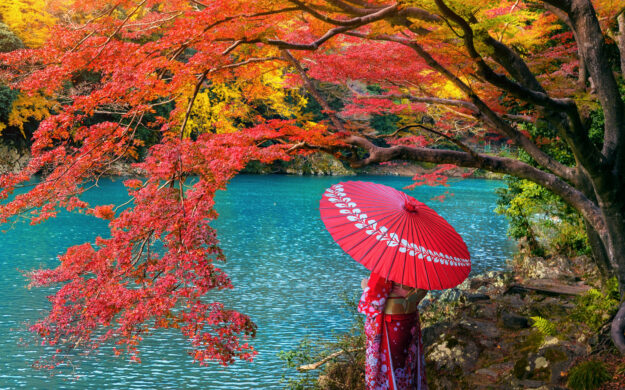
Rare Journey into Japan
Visit Japan in the Fall on this Rare Journey! You'll see the best of Tokyo and Kyoto - but this trip really highlights the more remote villages and distinctive culture of Japan. Join cross-cultural expert David Everhart to connect with local communities, understand customs, visit unique shrines and temples, enjoy spectacular traditional meals and immerse yourself in the natural beauty that defines Japan's rural charm.
From $10200 Per Person
Vigorous
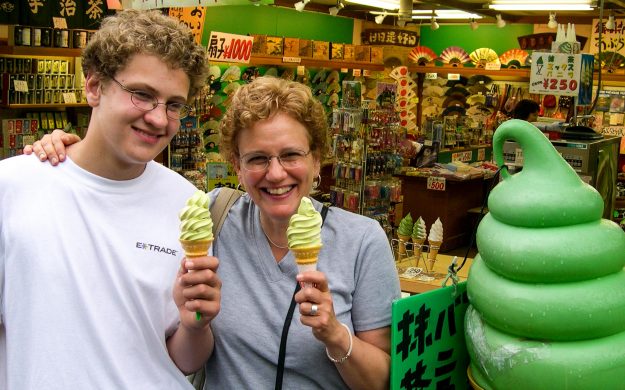
Family-friendly Japan
Japan is a spectacular dynamic destination for the entire family. Experience the profound traditions and the 21st century energy. Join a group in summer or visit on your dates. Early April is cherry blossom time!
From $4200 Per Person
Gentle
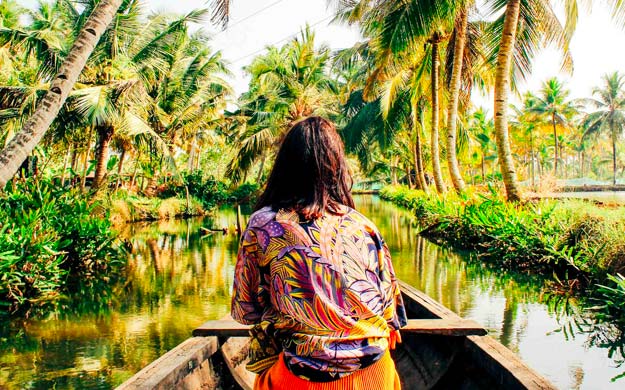
Design an adventure with Journeys International!
With over 40 years of experience, we create experiences that match your goals.
Start Planning